When he to whom one speaks does not understand, and he who speaks himself does not understand, that is metaphysics
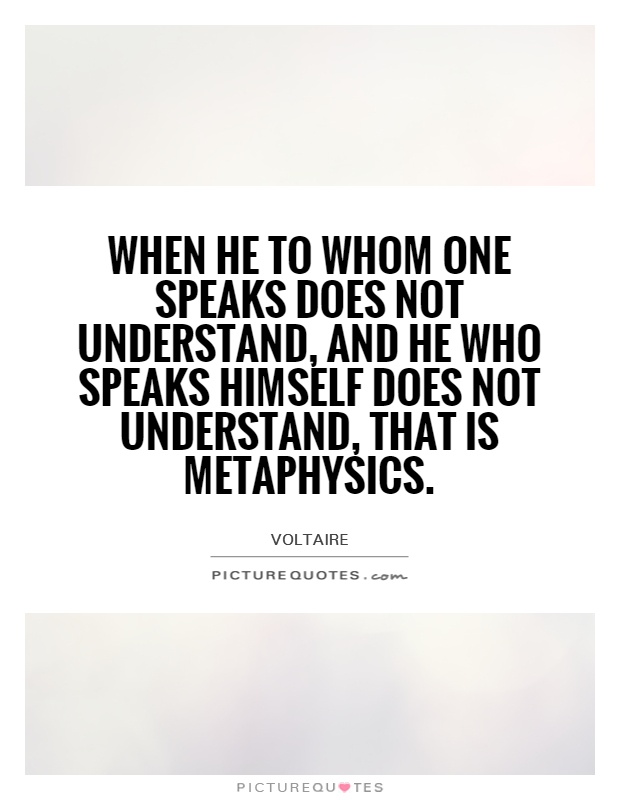
When he to whom one speaks does not understand, and he who speaks himself does not understand, that is metaphysics
In the context of Voltaire, the quote "When he to whom one speaks does not understand, and he who speaks himself does not understand, that is metaphysics" can be interpreted as a critique of the complexities and ambiguities of metaphysical philosophy. Voltaire was a prominent figure of the Enlightenment period, known for his wit, satire, and criticism of religious and philosophical dogma. He was a staunch advocate for reason, science, and empirical evidence, and often ridiculed the abstract and esoteric nature of metaphysical speculation.Metaphysics, as a branch of philosophy, deals with abstract concepts such as existence, reality, causality, and the nature of being. It often delves into questions that are beyond the realm of empirical observation and scientific inquiry, leading to debates and disagreements among philosophers. Voltaire, with his rationalist and empiricist outlook, may have viewed metaphysics as a futile exercise in intellectual gymnastics, where individuals engage in endless speculation without arriving at any concrete conclusions.
The quote suggests a breakdown in communication and understanding between the speaker and the listener, highlighting the inherent difficulties in discussing metaphysical concepts. When the speaker himself does not fully comprehend the ideas he is trying to convey, and the listener is unable to grasp the meaning behind those ideas, it creates a sense of confusion and ambiguity that is characteristic of metaphysical discourse.
Voltaire's skepticism towards metaphysics can be seen in his satirical works, such as "Candide" and "Zadig", where he parodies philosophical optimism and the search for ultimate truths. He often used humor and irony to expose the absurdity of metaphysical speculation and the hubris of those who claim to possess esoteric knowledge.
Overall, the quote reflects Voltaire's critical stance towards metaphysics and his belief in the importance of clear, rational thinking grounded in empirical evidence. It serves as a reminder of the limitations of abstract philosophy and the need for practical, tangible solutions to the problems of the world.

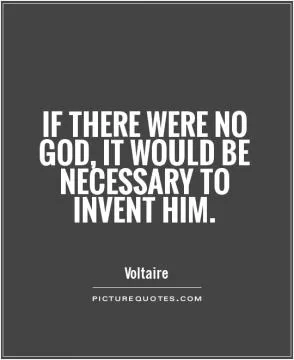






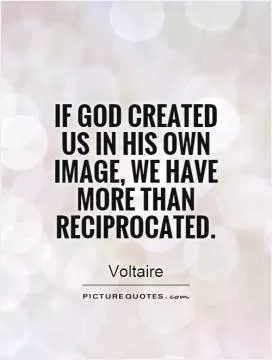
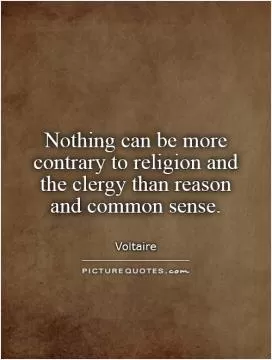
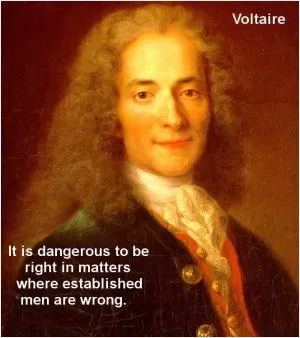

 Friendship Quotes
Friendship Quotes Love Quotes
Love Quotes Life Quotes
Life Quotes Funny Quotes
Funny Quotes Motivational Quotes
Motivational Quotes Inspirational Quotes
Inspirational Quotes